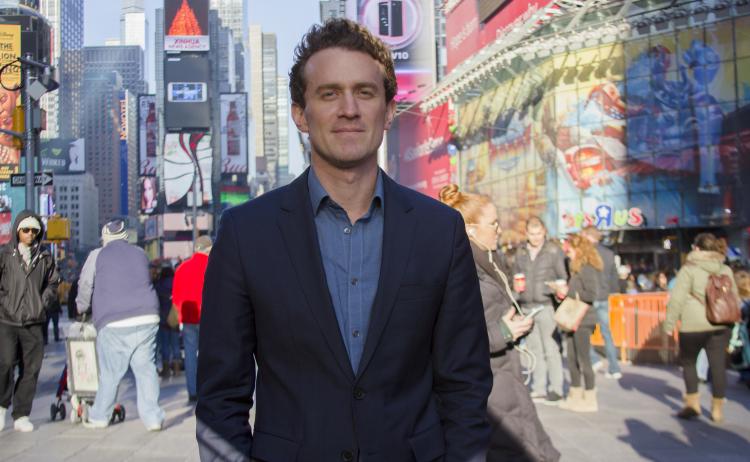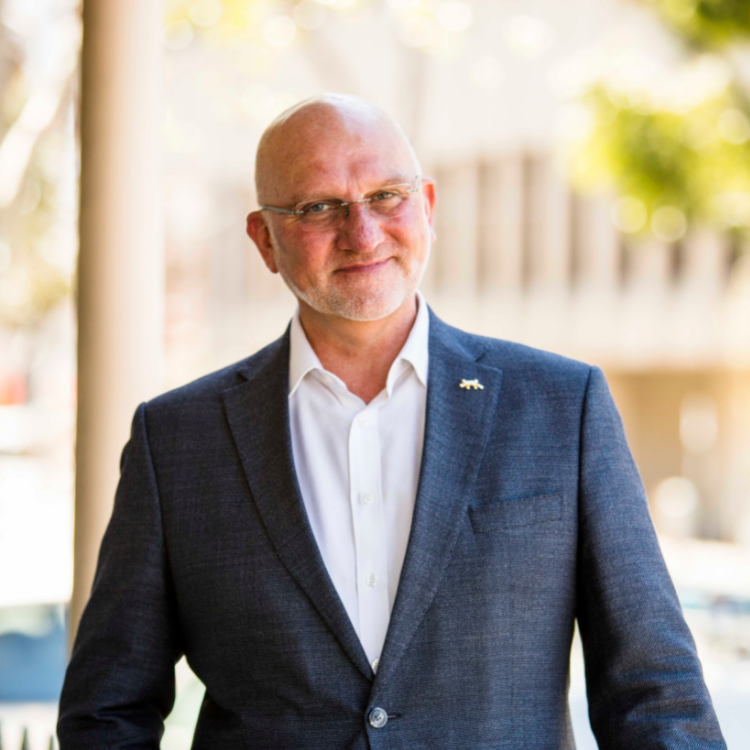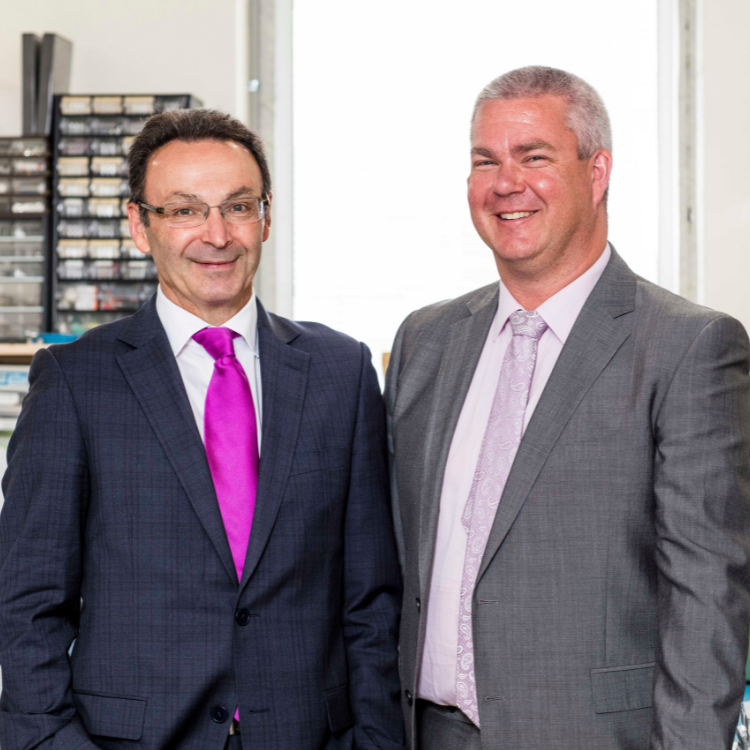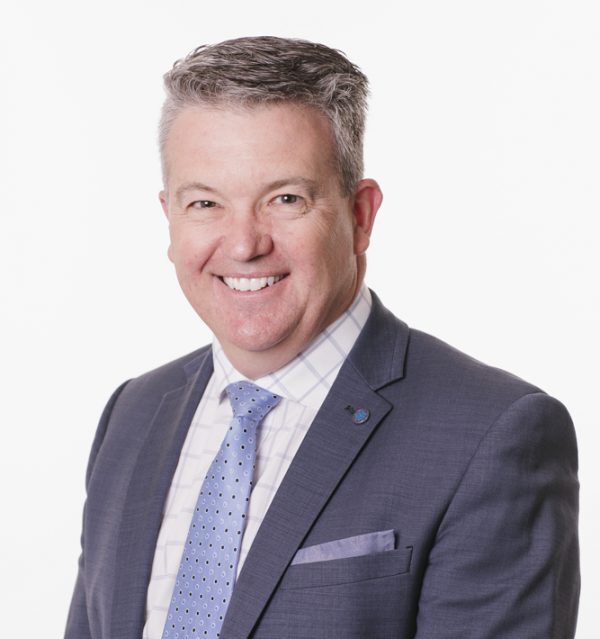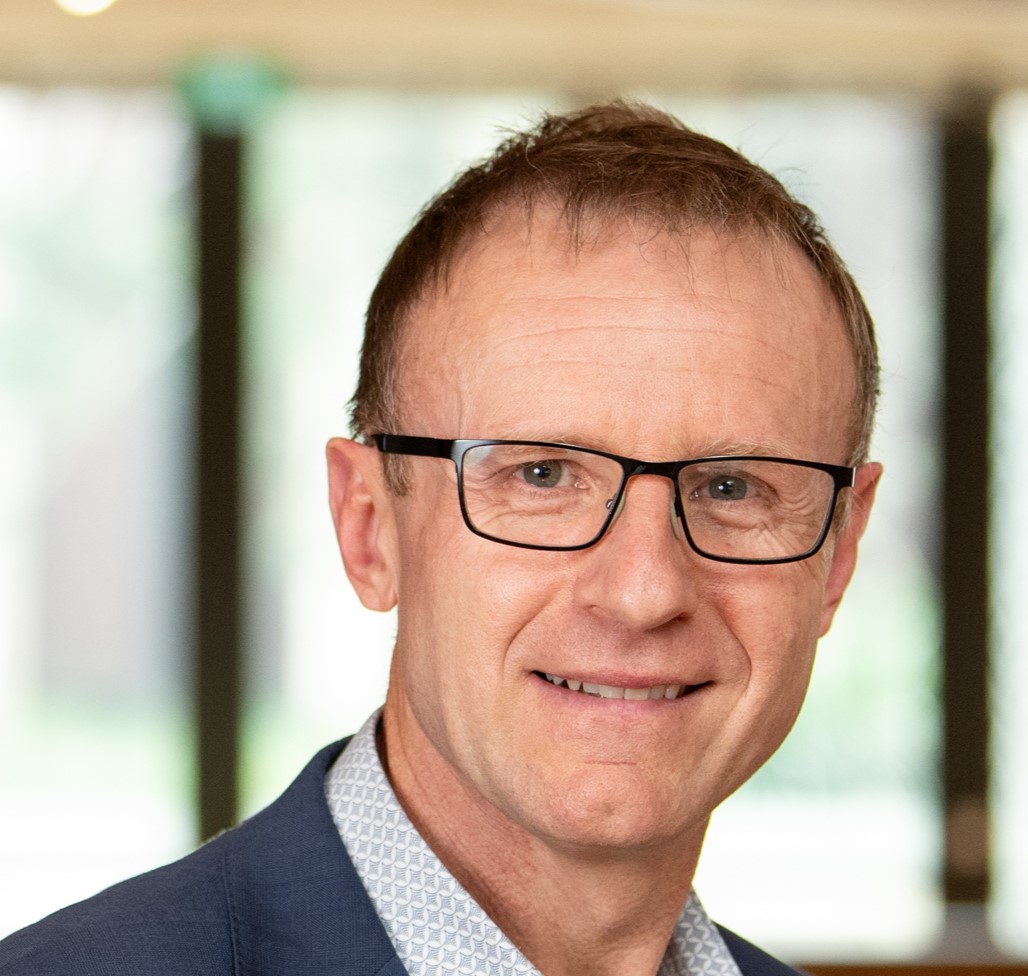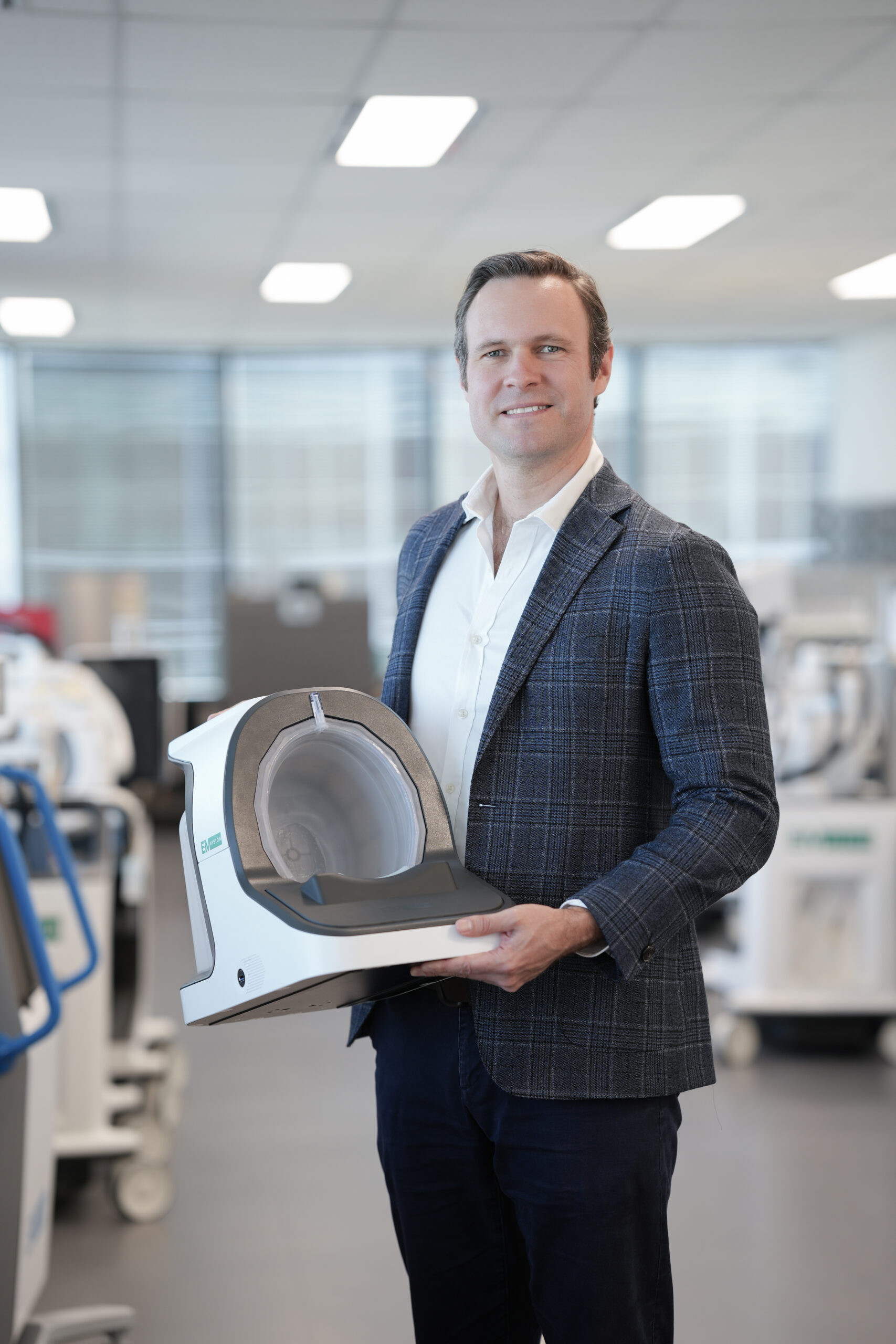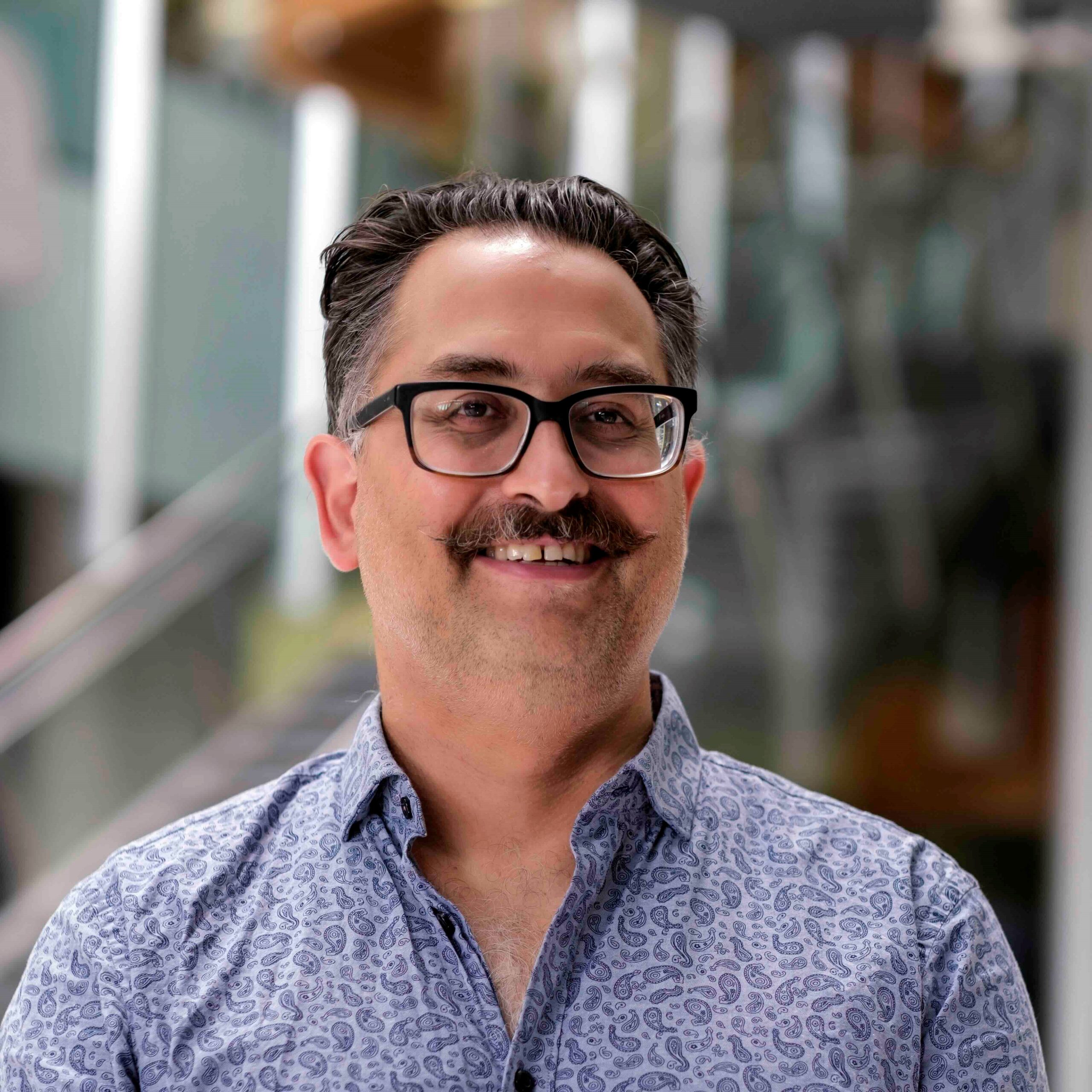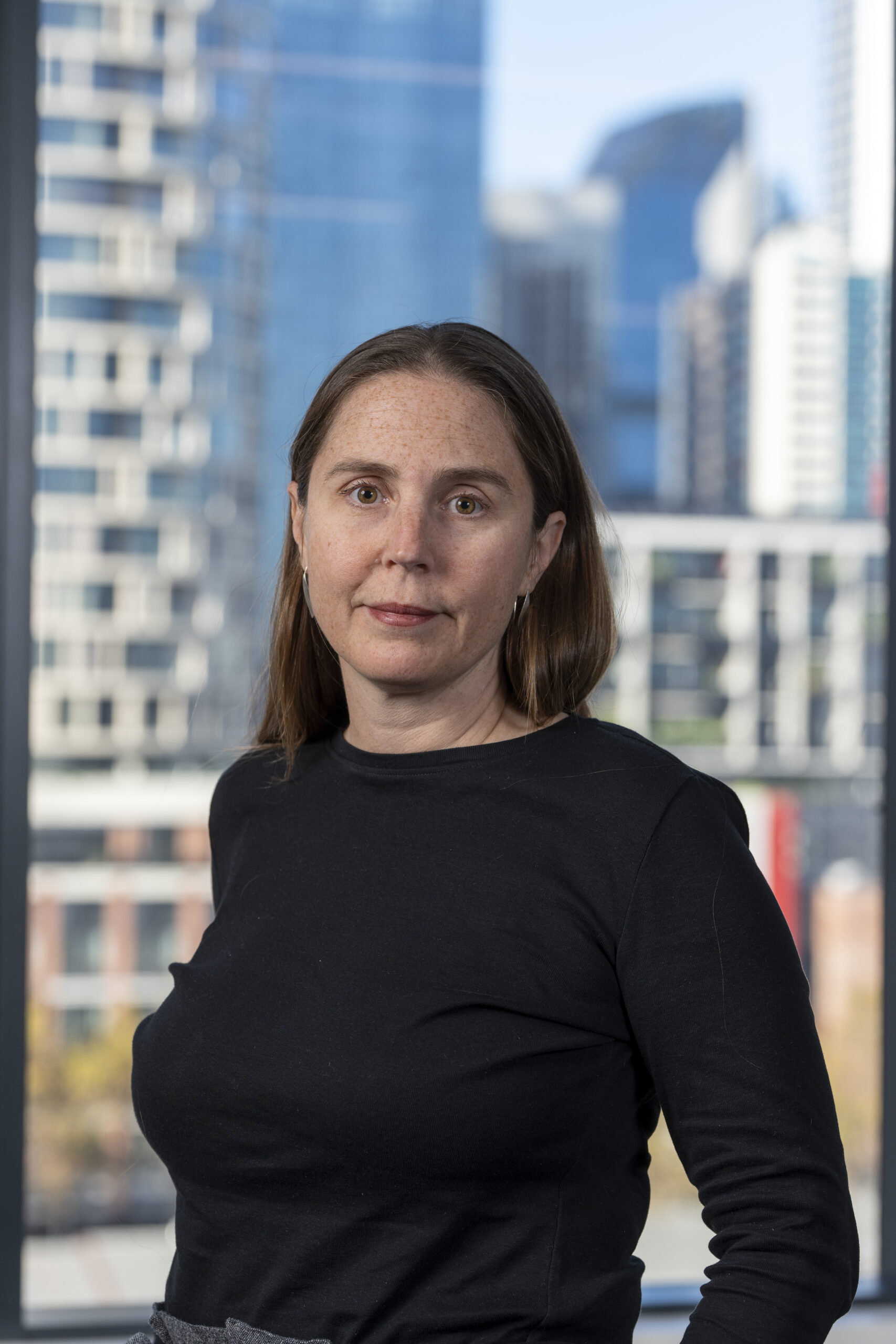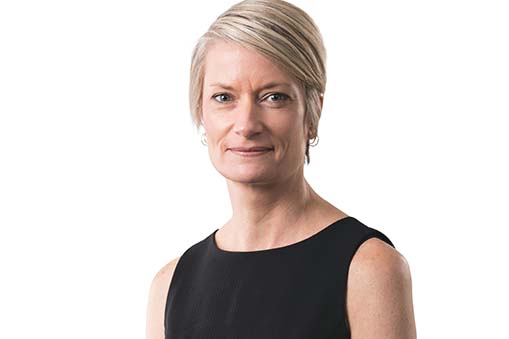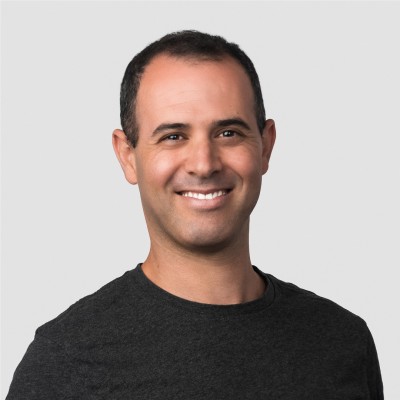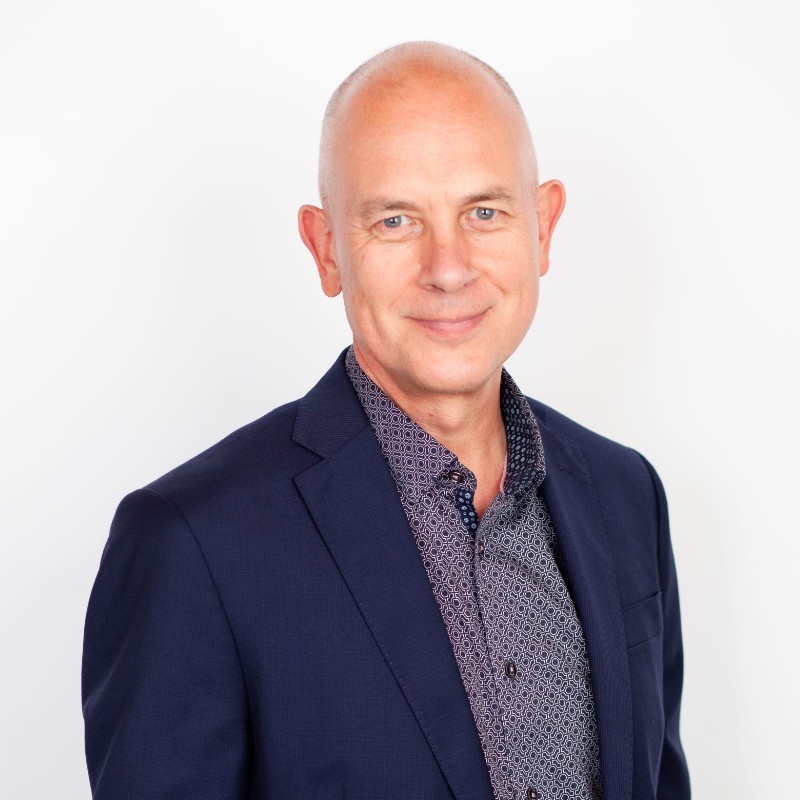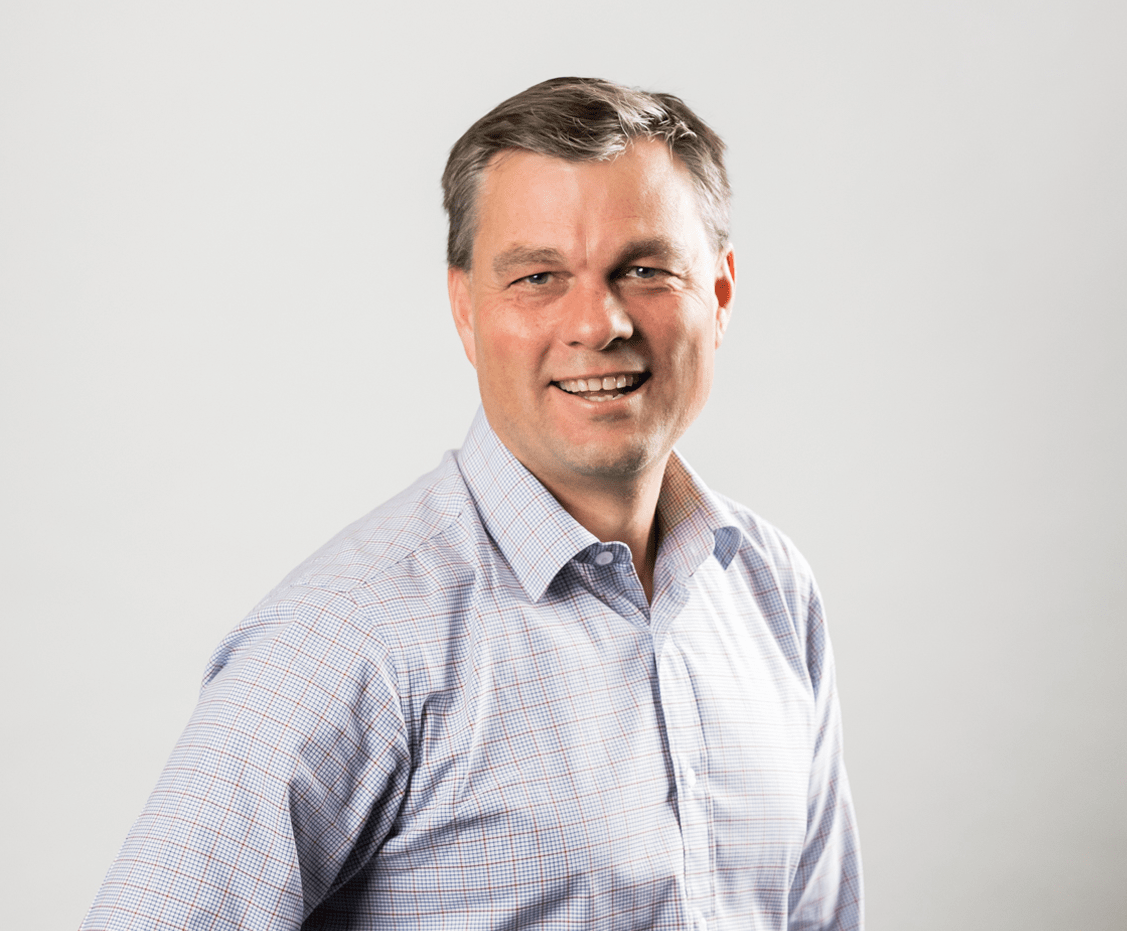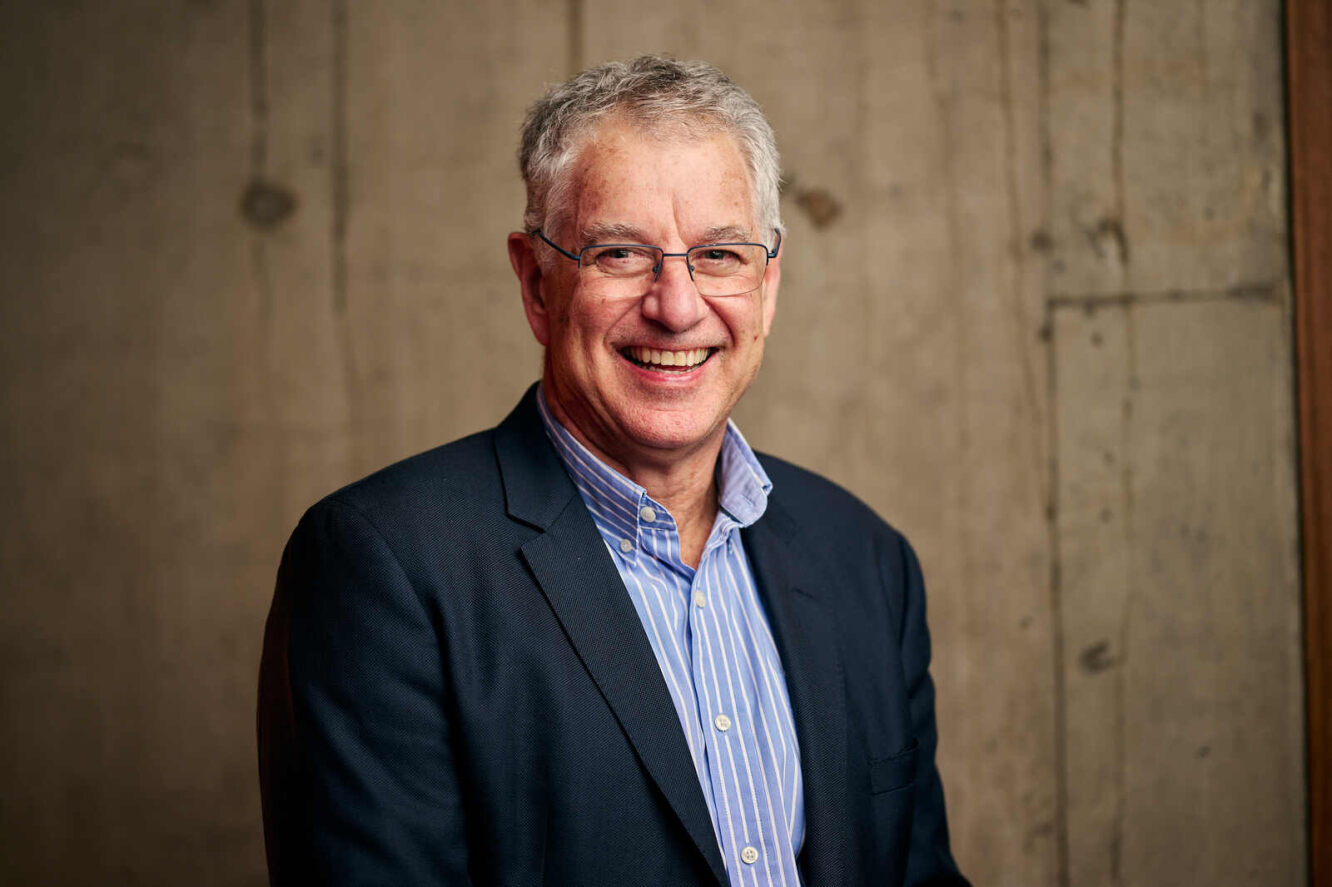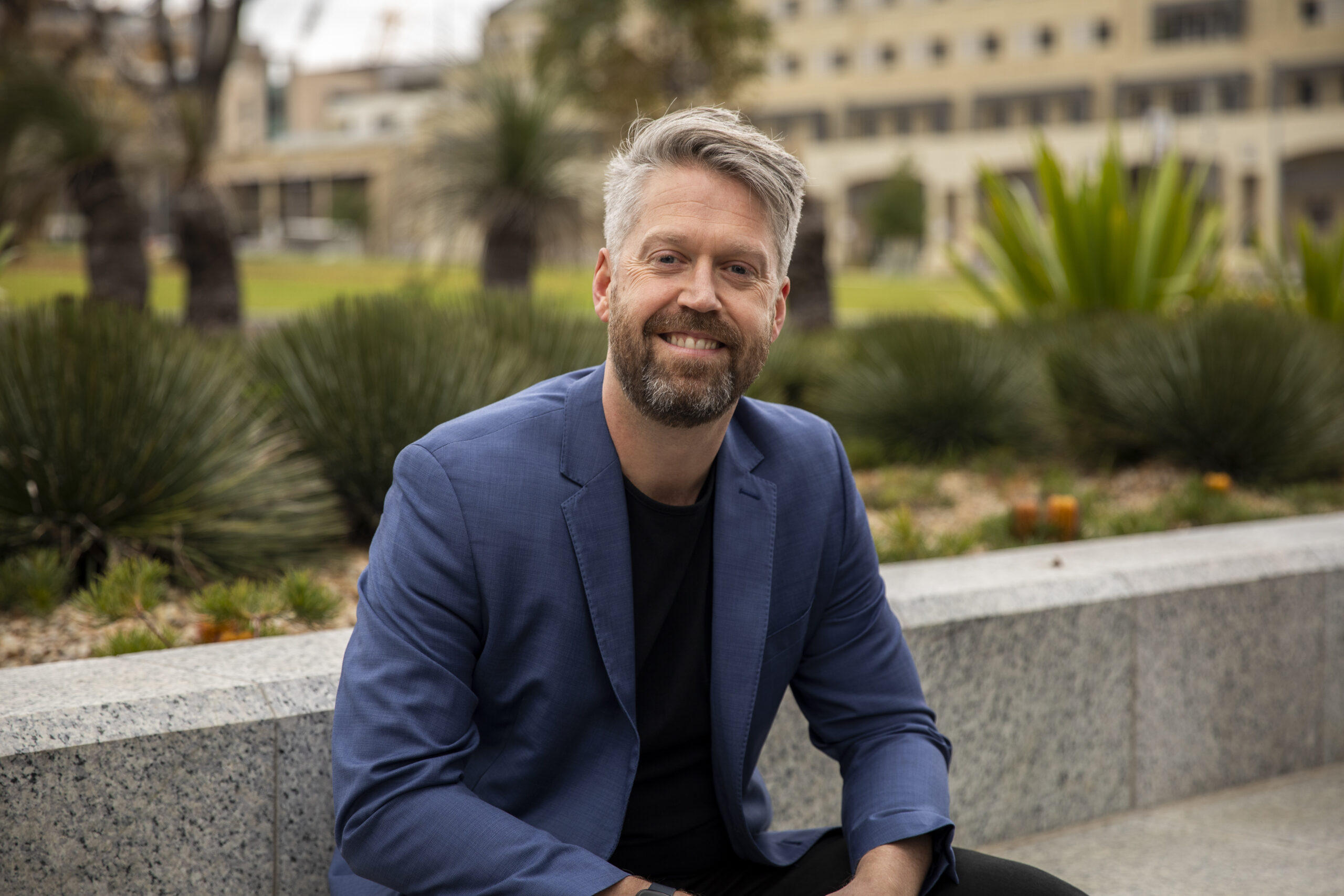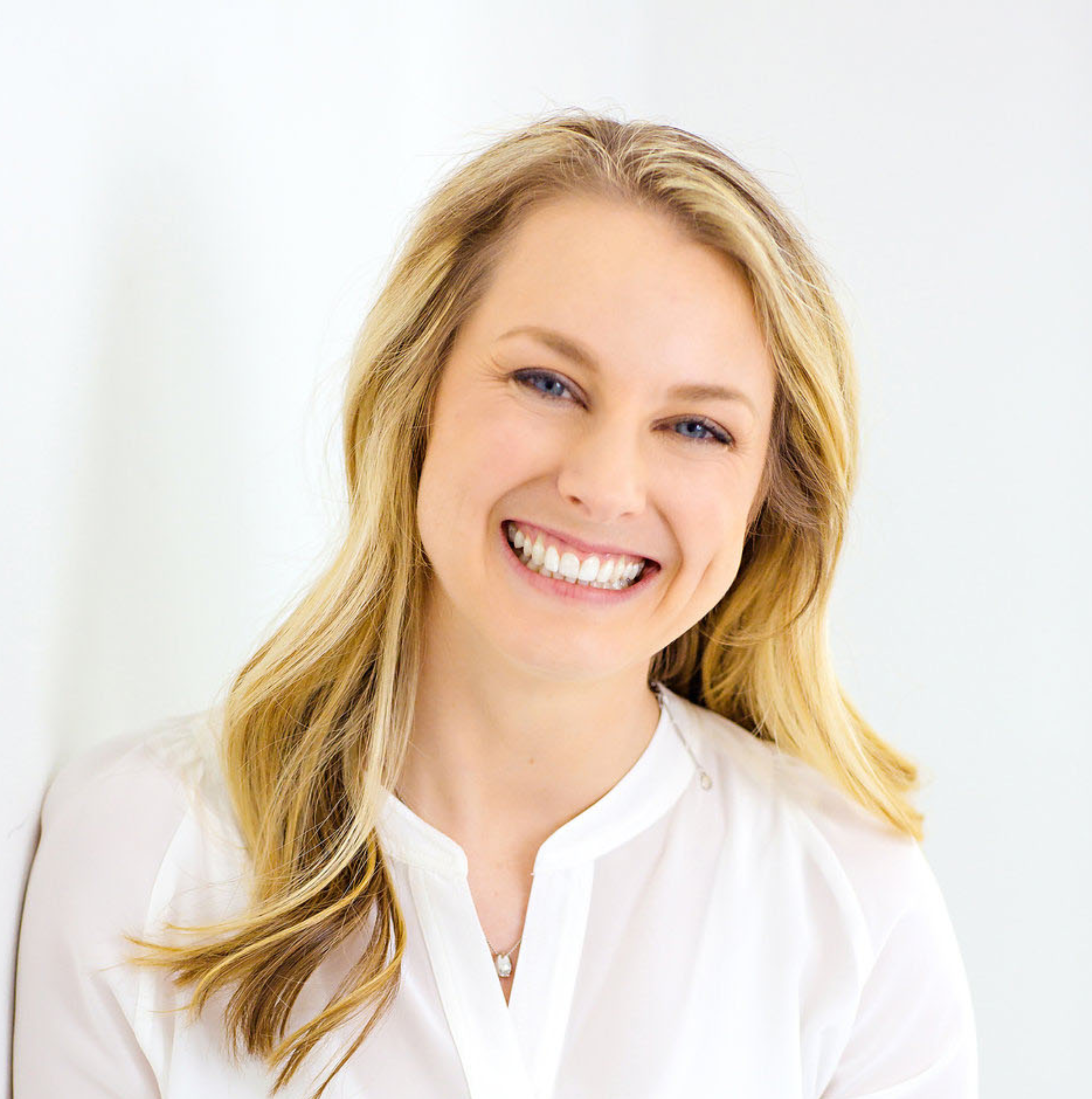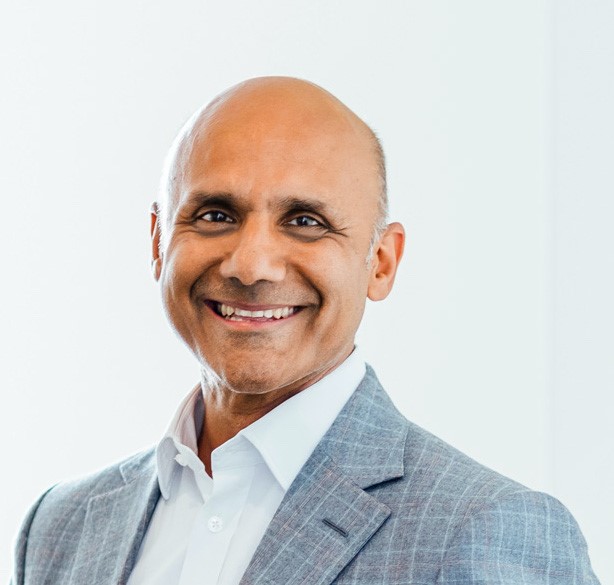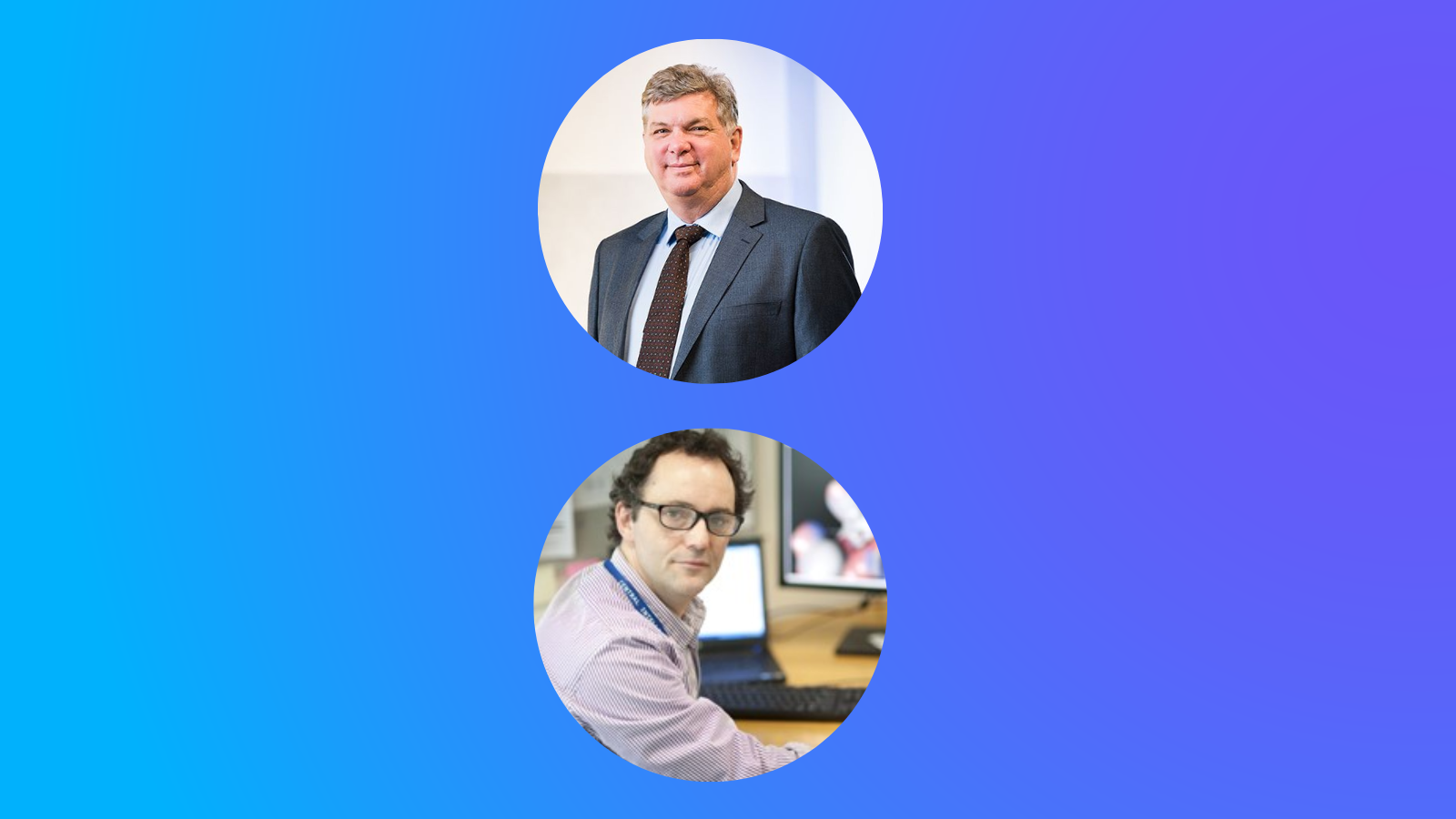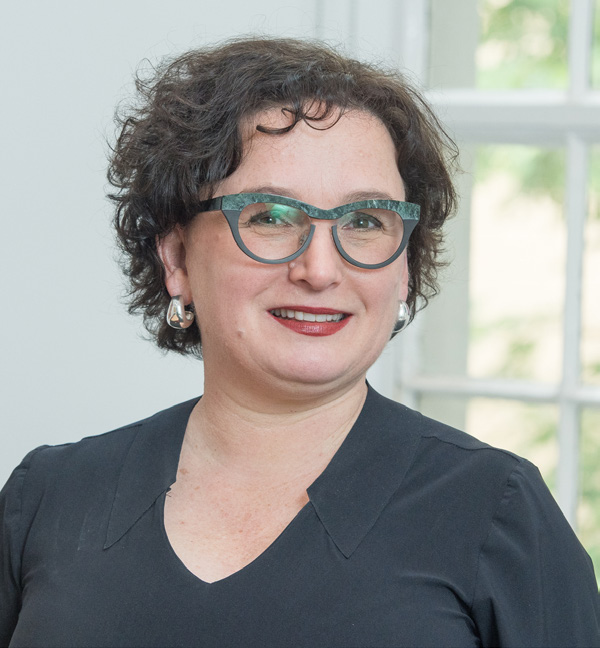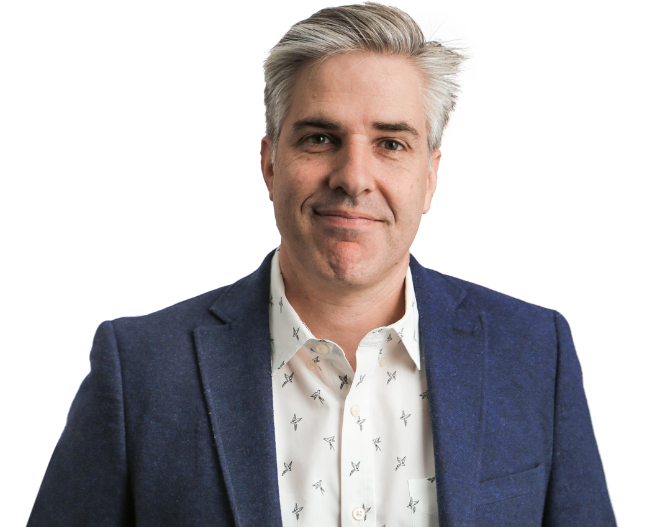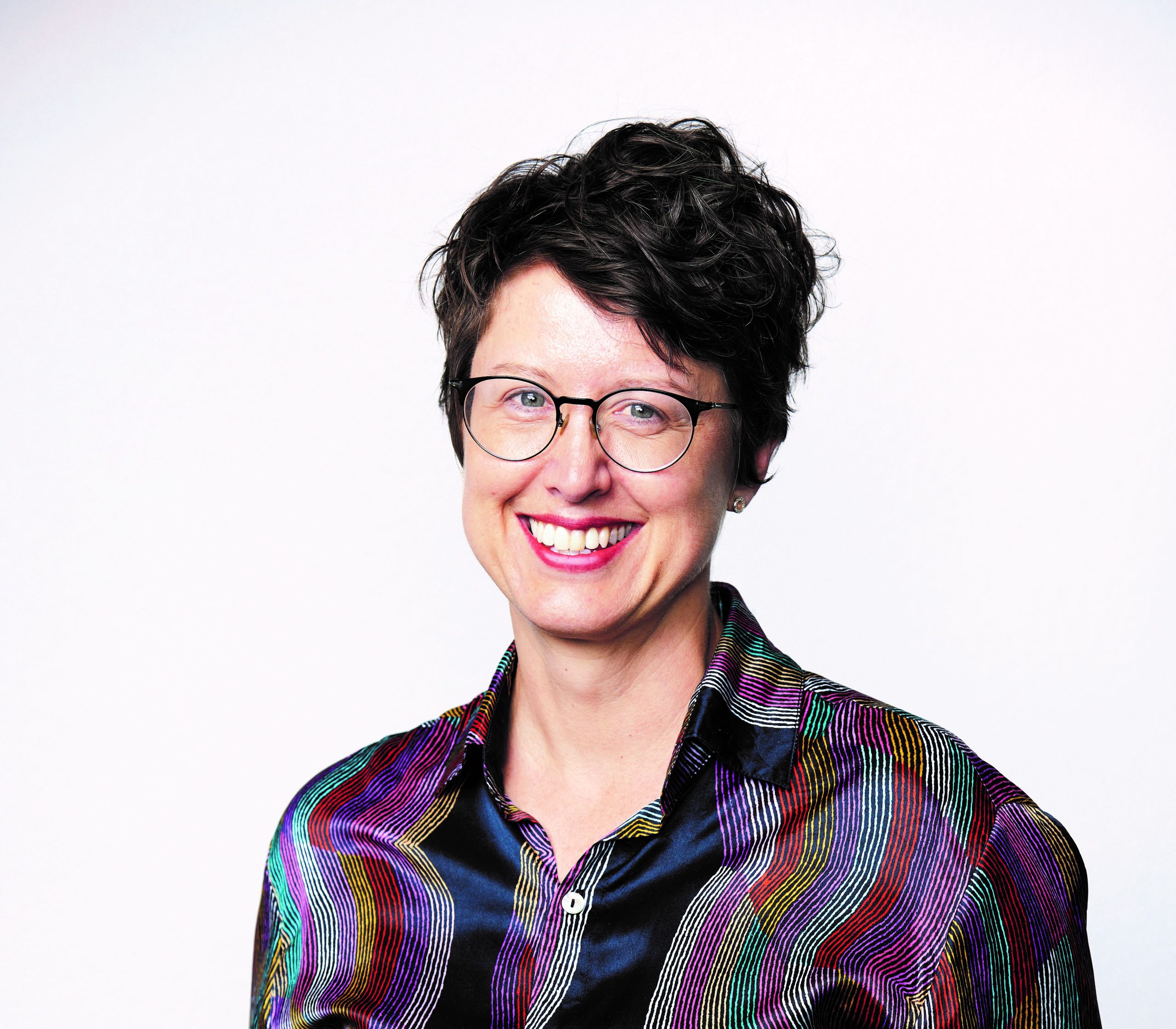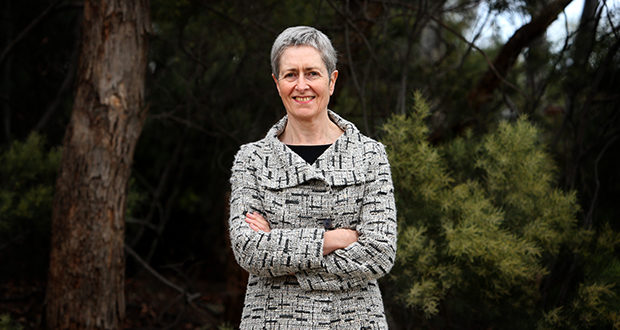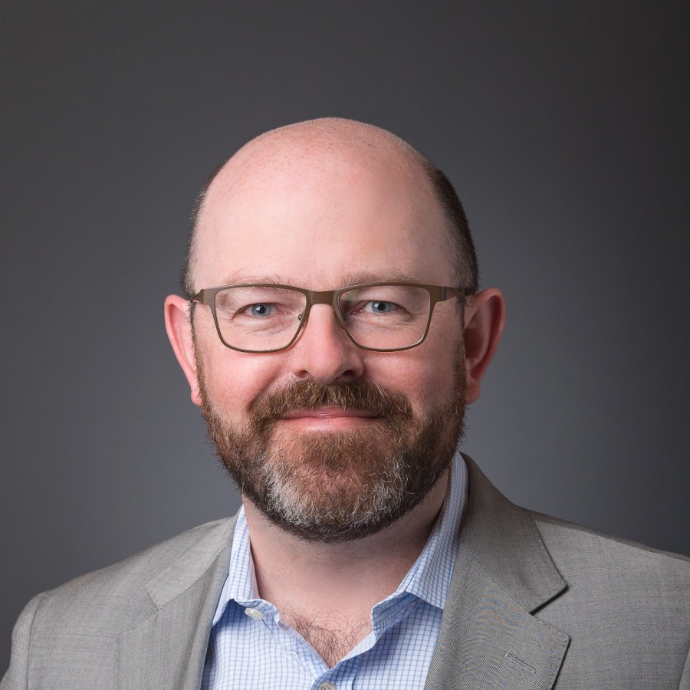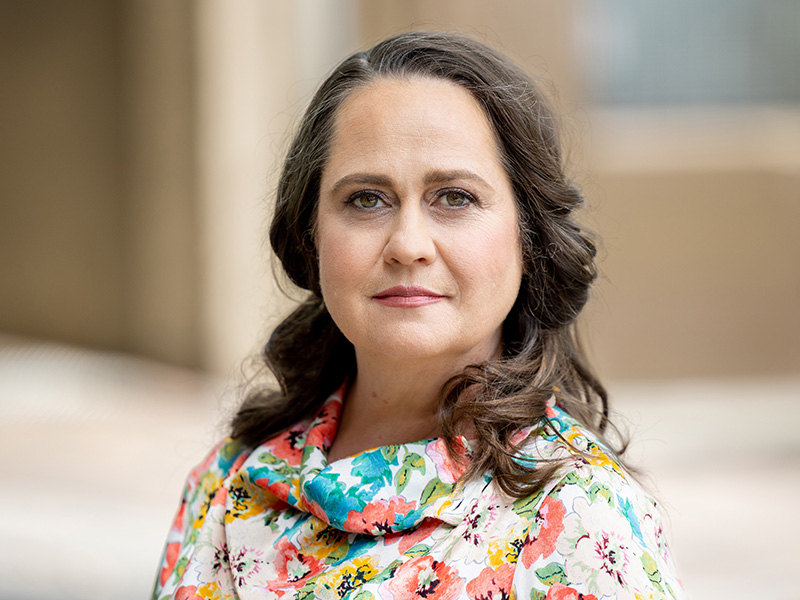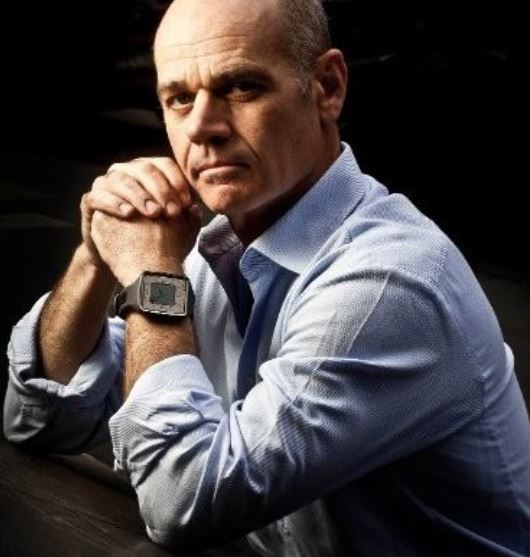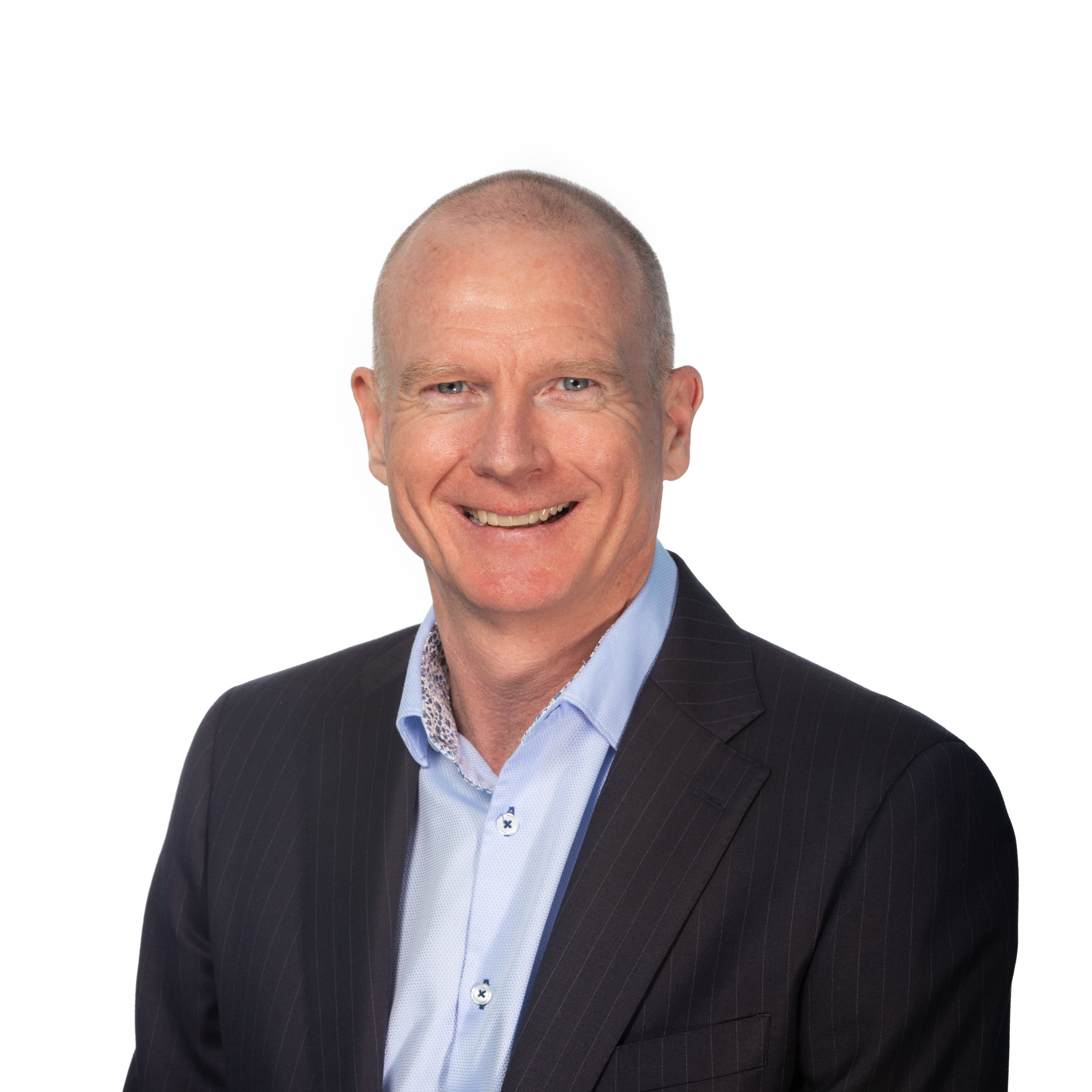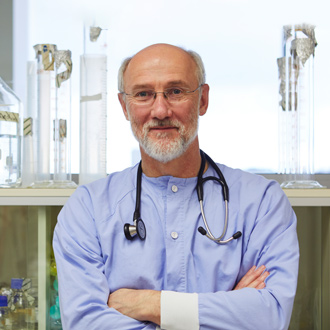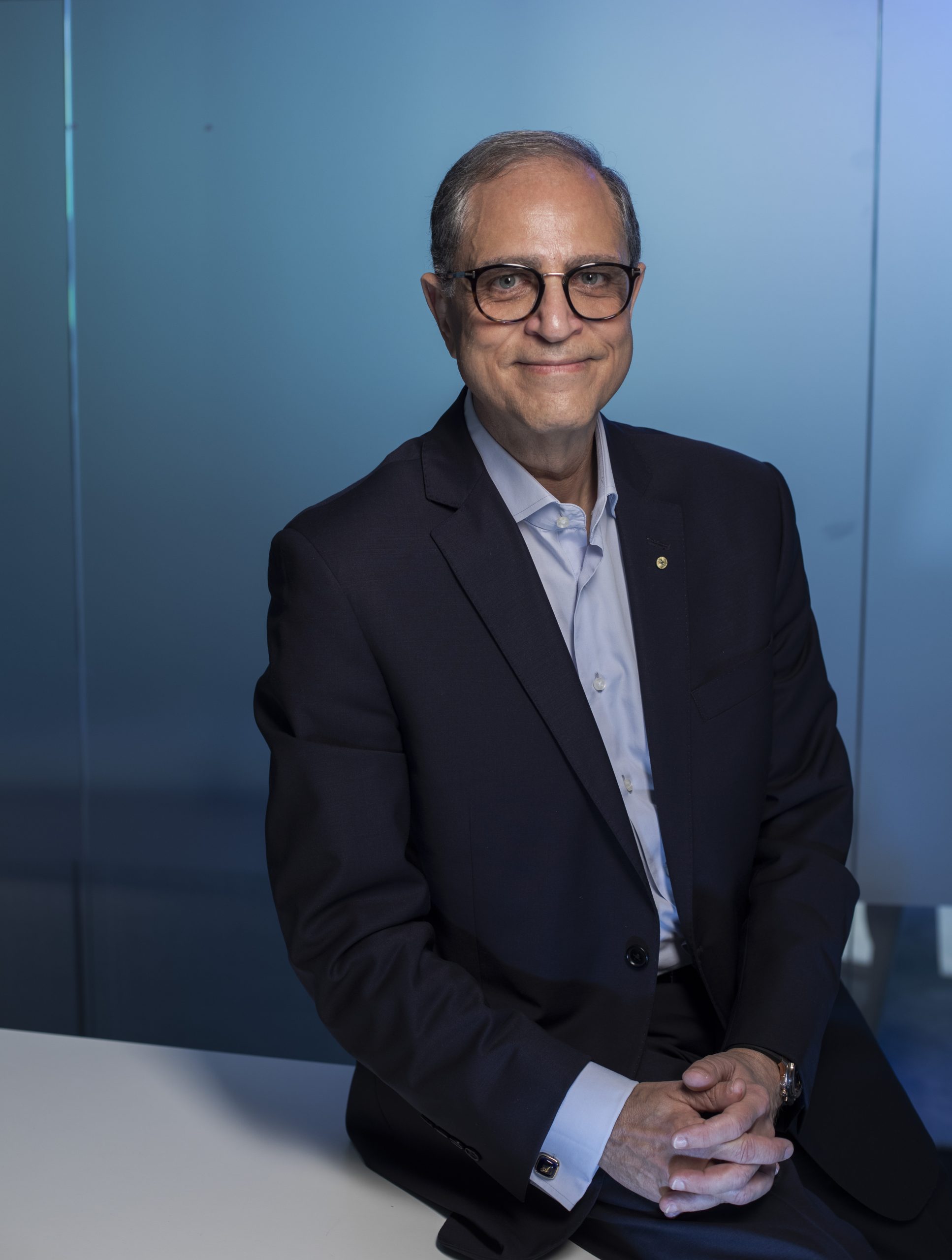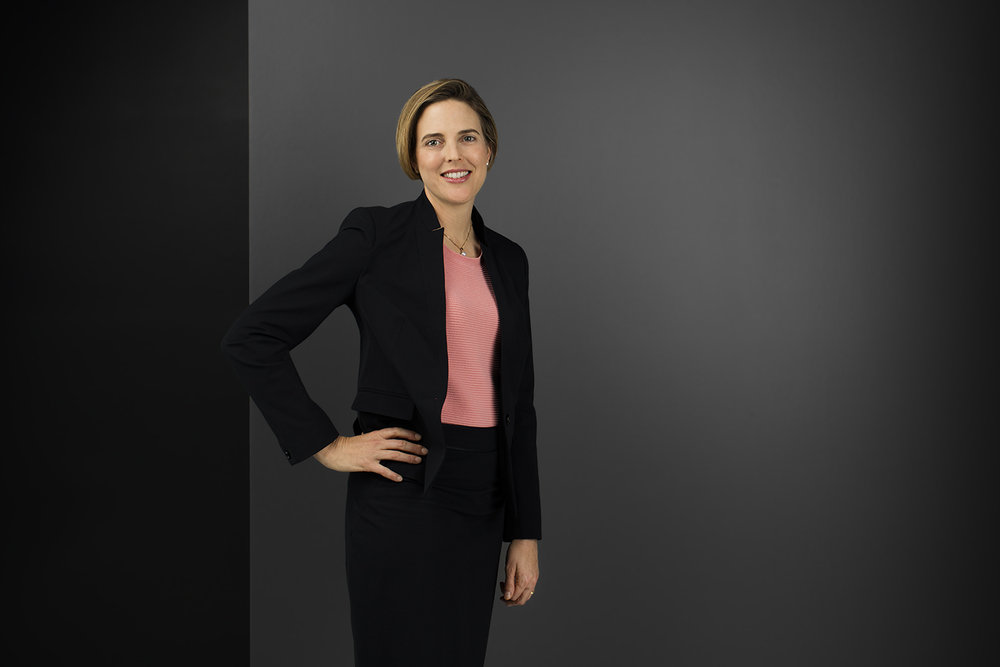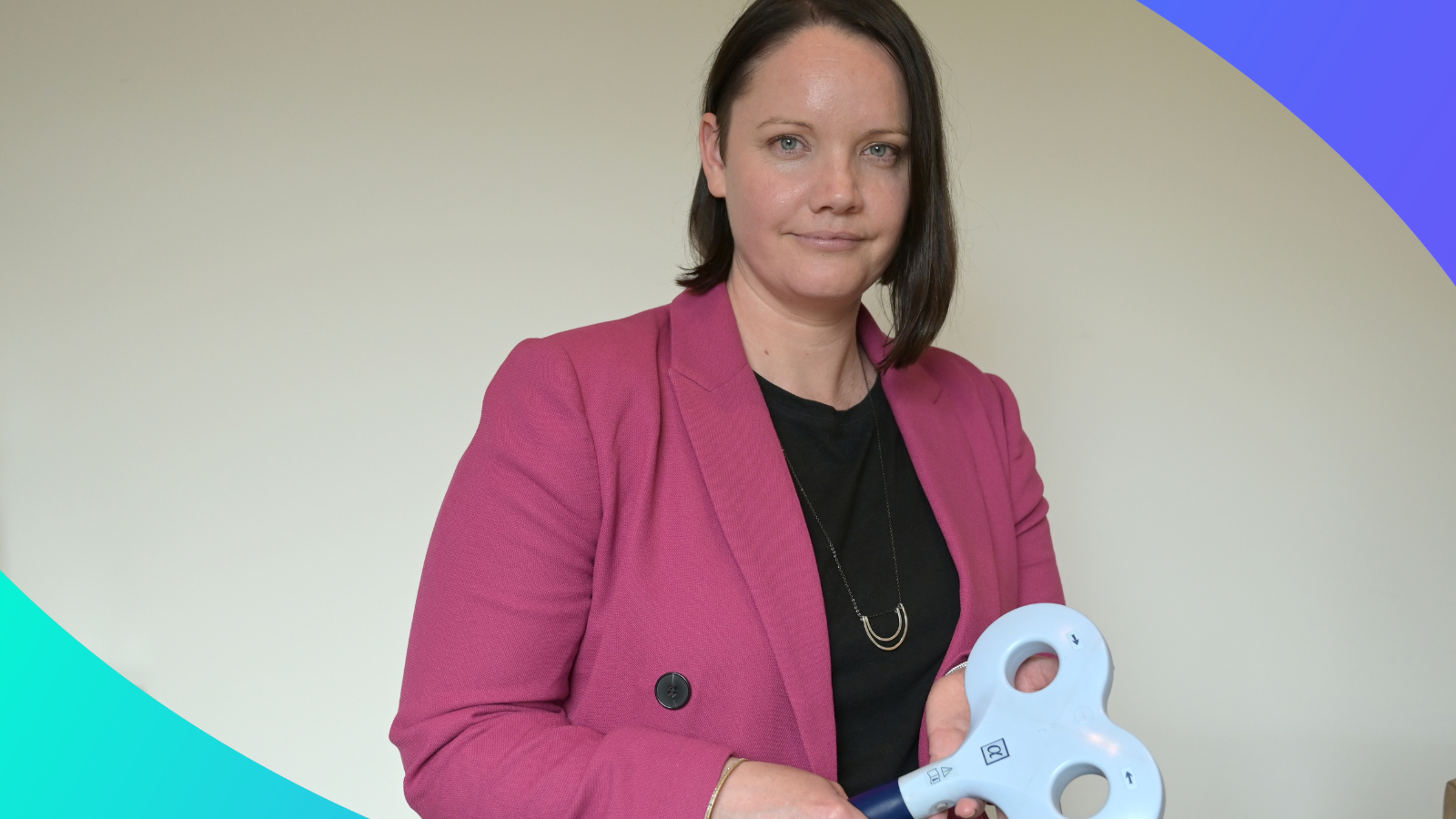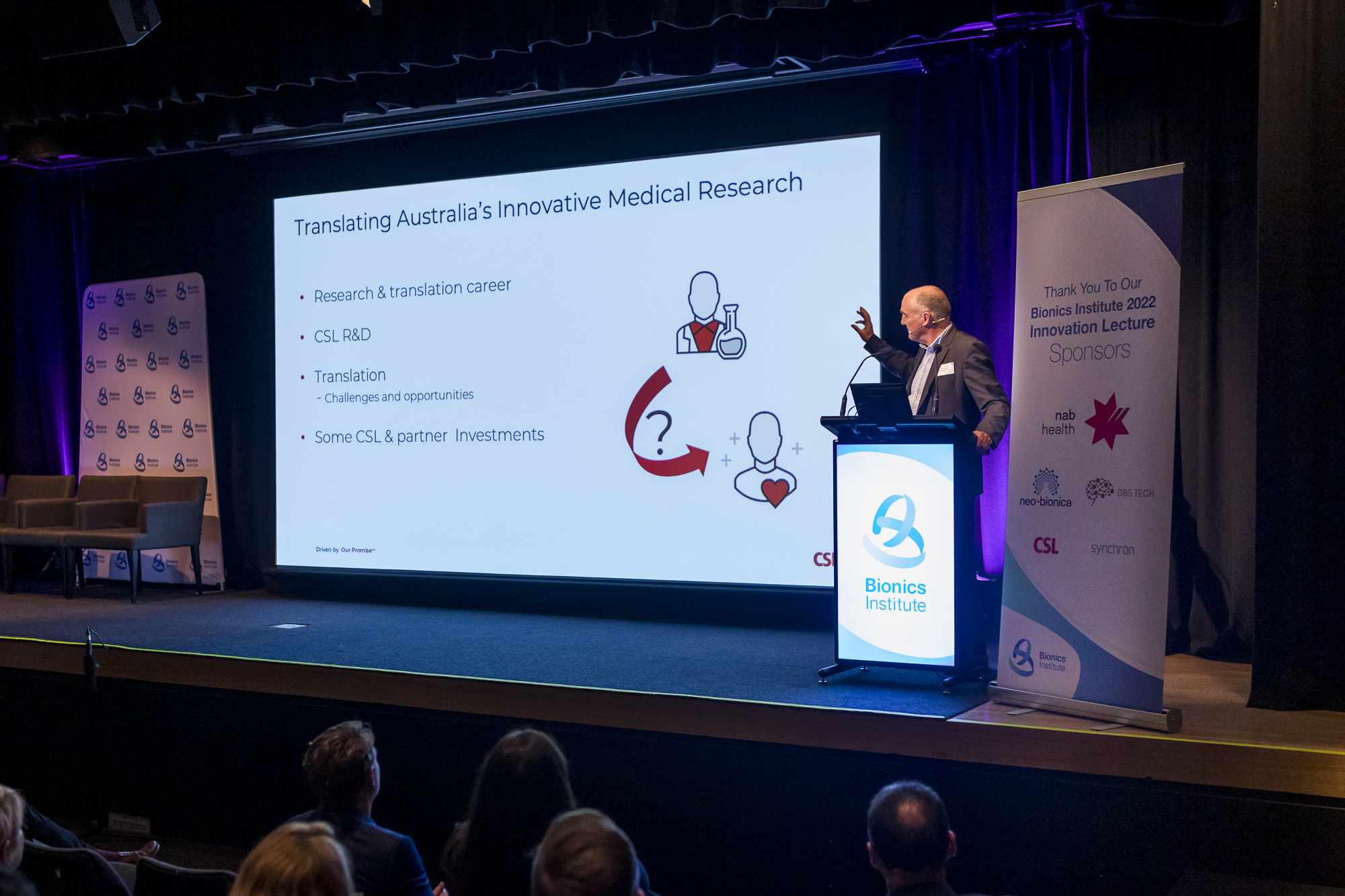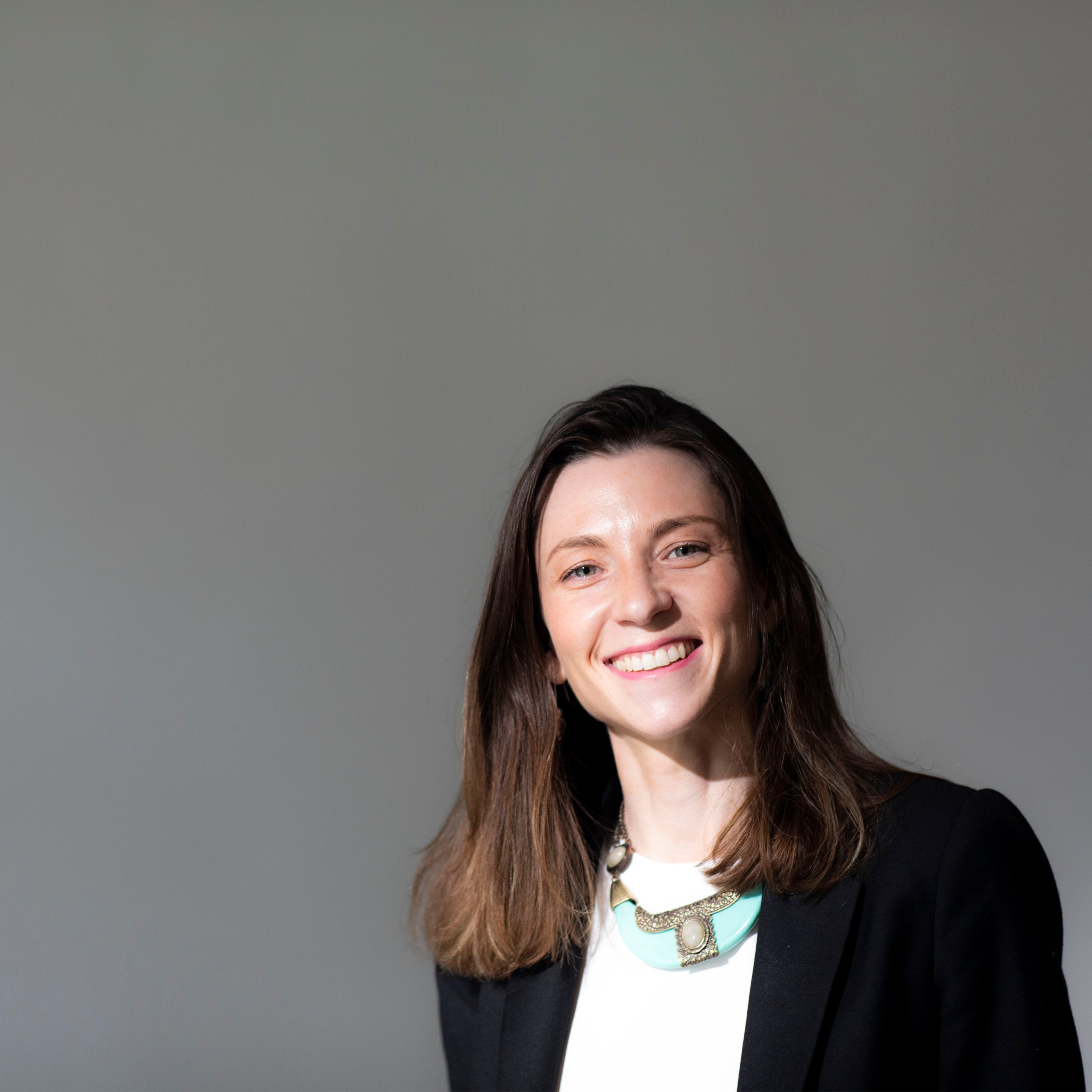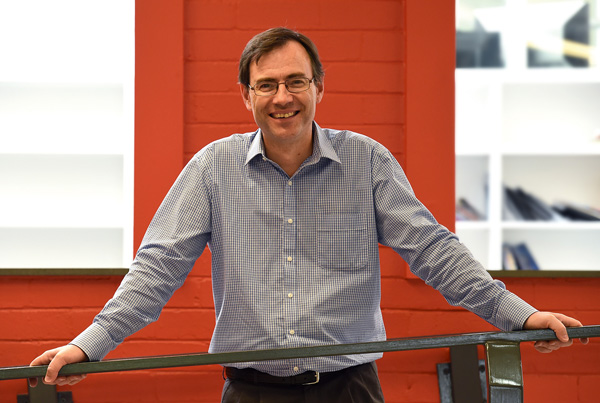Med Tech Talks
A former politician’s perspective of Australia’s med tech industry with The Hon. Jaala Pulford
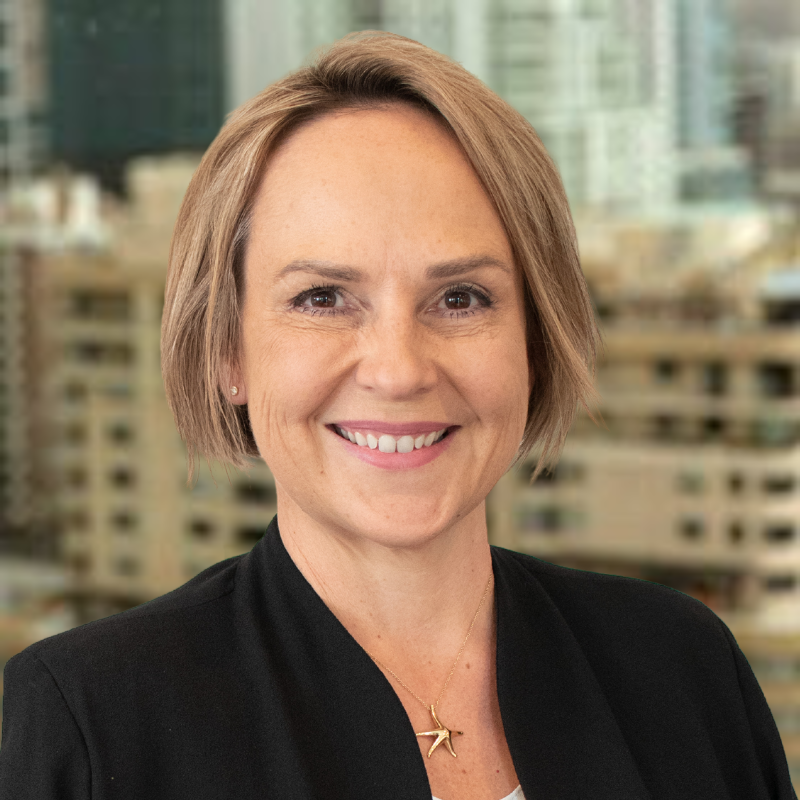
The Honourable Jaala Pulfor, Chair of MTPConnect, Vice Chancellor’s Fellow at the University of Melbourne, and former Minister of the Parliament of Victoria.
Jaala is well known for her career in public service where she has held several significant portfolios, including Minister for Agriculture, Minister for Small Business and Minister for Innovation, Medical Research and the Digital Economy.
In her role as Minister for Innovation, Medical Research and the Digital Economy, Jaala was at the forefront of agendas to boost Victoria’s innovation ecosystem including: the $2 billion Breakthrough Victoria Fund and the securing of both Moderna and BioNTech vaccines for Melbourne.
In this episode you will hear about:
More information:
Learn more about the Hon. Jaala Pulford.
The Hon. Jaala Pulford [00:01:39] Thank you, Robert. It’s very, very nice to be here.
Robert Klupacs [00:01:43] Let’s start at the beginning. My producers put a lot of questions at a lot of our friends want to ask you, so I hope we don’t embarrass you to the podcast.
The Hon. Jaala Pulford [00:01:50] Your producer also said you might just ask other questions that aren’t on the list, so I’m ready for whatever you’re going to throw at me.
Robert Klupacs [00:01:56] Like a good politician. You’ve had a long and distinguished career in the public service, spanning from 2006 through to 2022. What got you interested in politics and what made you decide to pursue a career in public office?
The Hon. Jaala Pulford [00:02:10] Well, thank you for that lovely introduction. I was bitten by the political bug at a young age. I was 16 when I joined the Labour Party in Castlemaine. There’d been a federal election in the months preceding, so the 1990 federal election. And, you know, this was sort of the mid-point or maybe two thirds point of the Hawke Keating government, and I had a strong sense that. Those facts were my kind of politics. But there was a woman leading the Australian Democrats, which your older listeners will remember and your younger listeners may not, Janine Haines and she was the first woman to lead a national political party. I thought she was awesome. She’s injected this energy and style to the national debate that just captivated me. And so, yeah, I was I was hooked both on the you know, both on the policy, but also just the mechanics of how things happen and why they happen. And so from there, I you know, like lots of kids in country towns jumped on the first train after I picked up my year 12 results and headed to Melbourne and a couple of years after that, I was in a traineeship at the ACTU, you know, a Bill Kelty brain child called Organising Works, a traineeship for Young in an official site. I worked in the union movement for 12 years, so always really, really into politics. But I think the thing that made for me, the idea of elected office really almost irresistible was when the Kennett government abolished common law rights for injured workers. Because I spent all day, every day on the phone taking calls from people who had been injured at work. And before I could ask them, you know, is it your shoulder, you know, or your back, it hurts, or what if I had to had them? On what date were you injured? Because we had these three completely different schemes, these seemingly arbitrary dates where, you know, if you were injured in circumstances of negligence on the Friday, then you had all of these legal options and pathways. And if it happened to you on the Monday, you did not. And I just thought there are some things just going to be in the room to do. You can have you know, and we can all every member of society can affect change through, you know, talking to working with their political representatives and, you know, other organisations in leadership roles across society. But this was legislation that could only be fixed in the Parliament where the damage had been done. And I think that was probably the moment I thought, yes, I think I want to be in the room.
Robert Klupacs [00:04:47] Well, it’s a great calling, really.
The Hon. Jaala Pulford [00:04:50] It it is. It’s funny, people often say, Oh, is it awful? You know, people saying, oh, you know, politician lawyers or, you know, or politicians are dodgy. You know, the funny thing is, whilst as a group of people who work really hard, you know, often with quite different ideas about what doing the right thing is, there’s actually, you know, I think what people have done like surveys on this over the years, that kind of caught my eye. You know, people say, oh, your politicians are bad, except my one, because I went to them with my problem and they fixed it and they’re awesome and I never want to hear bad word said about them. And so that’s actually quite a common experience. And, you know, obviously the interplay between the elected people and the media is very, very important in a democracy. But yeah, I think as a collective, yeah, we can get an unreasonably harsh viewing because I guess what you say publicly is a function of the job.
Robert Klupacs [00:05:46] Exactly you’re interested in your ministerial careers. When you first came to my attention, when you were the first female Agriculture Minister, and I’ve got a few friends in that industry and it was, controversial is probably the wrong term. But how did you find it? Because some of the crusty country blokes that I spoke t,. “Oh,” but you turned them around pretty quickly, I’ve got to say. But how did you find it?
The Hon. Jaala Pulford [00:06:07] Well, it was it was interesting and it was exciting and it was my first ministerial role and I just fell like I just fell in love with the agriculture portfolio. So interesting issues, amazing people like amazing characters and industries. Like we established medicinal cannabis industry. We did a huge, big digitisation of like livestock through shaping goat RFID program. You know, all kinds of fabulous and fascinating things had drought not once but twice during that four year period. And. You know, real a really, really difficult year for dairy prices in the dairy industry as well. So there was. Yeah, there was never a dull moment, but, you know, I privately, I think, was rather chuffed about being the first woman to be minister for agriculture. And some people, I think, thought were always very respectful and very respectful of the office. But yeah, you get the odd funny look like to you’re younger than the last. But yeah you know I was 40 I think just not long 40 and that’s not to be mean to the last bloke, this very nice person and it’s.
Robert Klupacs [00:07:21] Just younger.
The Hon. Jaala Pulford [00:07:22] So he served in the portfolio with distinction but he looked a lot like all the others. In fact, when I first arrived in my office there was someone, some previous department person or minister or staff or someone had commissioned this series of portraits like so that was a big whiteboard sized frames, photos of every agriculture minister in the state’s history. And they all guys and it was like this artistic exhibition of facial hair through the ages, you know. And then there was me once my picture got added to the third of the of the big, you know, big kind of walls of ministers. But yeah, you know, I think my great love of all things med tech probably has its origins in that period. But there were people who occasionally would demonstrate to me how important it was to them that I was a woman. For a couple of really memorable moments, there was a, you know, post-doc, a research scientist. How would she have been, like twenties maybe? She just said to me like, Yeah, I can’t understand how good it is for us to have a woman in this job. I thought, “Gee, that’s interesting”. And then I was out on farm, this would happen all the time, as the woman would say, “Oh, no, I’m just I’m just, you know, as if I’m just the wife. I’m just making the sandwiches”. It’s like total rubbish. You know, You’re doing the books in the business. I’m not falling for that. But there was an old woman, one of the drought visits, you know, sort of maybe in the first 12 or 18 months, like she would have not had a lot of change from 75 or 80 years. And she just quietly, quietly just put a hand on my arm and she just said, “Oh, it’s so nice to have a girl in the job for change”. I thought, “Gee, that’s that’s really important”. And so I guess after those couple of interactions, I made some effort in engaging really actively with that group of people in the Ag sector. We, you know, I did a big rebirth of the Rural Women’s Network, which, you know, was such a big deal and people cry in a good way. Yeah. So it was it was an amazing period. It was fun, a lot of fun.
Robert Klupacs [00:09:26] Then 14 years later, you were named as Minister for Innovation, Medical Research and the Digital Economy. And when that came across, has any one person going to do all three jobs? But you did it, which was in your portfolio at the time. Can you tell our listeners about your time in charge of that portfolio and what are some of the achievements that you did that you’re most proud of? And looking back, that was a big job and it was the first time being put together like that. Do you see that growing or do you see other governments thinking we bit off a bit more than we could, You know.
The Hon. Jaala Pulford [00:09:58] Now it’s well, I was also Minister for Employment, a minister for Small Business, and these all happened at the same time in June of 2020, which everyone recall was like a pretty crazy old time. And the way that the portfolio reshuffle work is just sort of quite the mining kind business. Often on a Sunday afternoon, a phone call from the Premier, it’s like, Oh my goodness, pay the phone , you know, better get this. And then like, you know, you woke up that morning being the Minister for Roads and you know, you do for an online swearing in at Government House at like 10:30 the next morning and then everything just goes whoosh and changes. It’s quite a strange experience, actually. So I was all initially online getting to know the sector, dealing with the immediate issues around how scientists could access the laboratory so that they didn’t lose all of that momentum in their work through the restrictions and navigating that, negotiating that with the Department of Health, public health restrictions folks. But then what had become clear, I guess, by early 2021 was that there was quite a seismic shift going on and quite an extraordinary opportunity for Victoria. That was that was evident as a result of a very, very acute community interest in what scientists were up to and what their, you know, all their fellow travellers in other groups of skills and professions were doing. And I can actually date this by my mother’s knee replacement. So I reckon it was about April 2021, first knee replacement to April 2022 to second knee replacement where I moved into my fixed place for a little while to help just in those early days. And I was on the phone to the Treasurer, to Tim Pallas, who is now the Minister with responsibility for a bunch of these, and he said, “Yeah, this mRNA is going to be a big deal, let’s have a chat about it.” And, and so he was my great ally throughout the establishment of mRRA in Victoria, our pursuit in a pretty contested environment to encourage Moderna to make Australia the well to to come to Australia and specifically to Melbourne, to make Melbourne their home as part of one of six sites as that global expansion was underway. Some you know very important work with by on tech as well. But more than that actually developing and building out all of the capability that exists within Melbourne’s scientific community. I mean, RNA research, now I’m going to talk about this a little bit at the biotech conference on a panel in a couple of weeks time. So I’ll need to refresh myself on the numbers before then. But at the time there are a couple of hundred scientists in our institutes and universities in Melbourne who were working on RNAi and so we worked really closely with a group from the Monash Institute of Pharmaceutical Sciences combined with the Doherty Institute from Melbourne Uni IDT manufacturer in Boronia, to develop Australia’s first mRNA product. I actually have a tiny, tiny vial on my desk. It’s like they said it would go off by the time we finished the press conference, so I haven’t pinched it from good use. It was the one for the cameras. Very cool little souvenir that sits in pride of place on my desk at home. That that is that was Australia’s first mRNA product. But we had to had to learn out what a liquid nanoparticle was. And then like working out how to get a part from a machine for IDT tell you to do the magic. And yeah, it was amazing. I learnt so much. We had mRNA Victoria’s run by Michael Capellas, got an incredible team. They had, you know, we always asked them, I asked them to take a holistic view. Yes, very exciting, very important about building out the capability for us to be a global leader in this new platform. Technology was always the goal. So, you know, manufacturing, but also product development and thinking about those frontiers, you know, the stuff that BionTech in particular really will work out for many, many years before the pandemic around rare cancers. So that was always very much in our sights from that very earliest discussion I had with the Treasurer.
Robert Klupacs [00:14:31] Theres probably a few more things.
The Hon. Jaala Pulford [00:14:32] But yeah, there were others like we did hear he go, Here’s a little known fact because you know, there was a bit going on soaking up all of the media, you know, that people could absorb in a day through that couple of years. But there was also $1,000,000,000 upgrade to our telecommunications infrastructure, Victoria’s best kept secret. We tried so hard to get cut through on it and it’s just yeah, so Victoria will be 5G years and years and years ahead of the rest of the country. And so, you know, in terms of a major productivity boost to the state, every corner, every, you know, every street, every industrial complex, it’s, you know, so we did that too. Now there were lots of exciting things and a whole lot of things around. Yeah. Because at the time, early on when I first came into these roles, you know, the briefing in the employment portfolio was that the economists thought we might hit 14% unemployment and it might stay there for a while. Now obviously the exact opposite happened. But our yeah, we were building a response to that. The techies, the ICT industry said we’re about 60,000 people short on what we need for our workforce. Can you help us with that? We designed this amazing program for mid-career people, not techies, to have some foundational skills and training and transition into work in a whole new career. There’s all manner of gorgeous stories from that.
Robert Klupacs [00:16:02] The public don’t know a lot of that.
The Hon. Jaala Pulford [00:16:03] Well, the thing is, you know, you get like 3 minutes on the news at night to consolidate all of the activity of government. And I mean, if that like, you know, there’s obviously a lot going on around the world at the moment. And and oftentimes you wouldn’t even get your few minutes. So it’s true. I mean, the thing is, we all work with the people that are interested and involved in whichever particular bit of the show that we’re looking after. Robert Klupacs [00:16:26] I was going to ask you, so you’re a minister for innovation and I know you would have seen a lot of good, bad and the ugly. Not everything works in innovation, but that’s that’s the nature of it. And Victoria always had a big passion for moving forward. And you did a great job. But now you’ve taken a step back from politics. You now work within MTPconnect on the policy side. What do you think Australia needs to do to supercharge innovation more and more importantly, take what we all know and accept that we’re really good at, but turn into something that’s going to create jobs, economic wealth and improve all of our lives?
The Hon. Jaala Pulford [00:16:59] Yeah, this is really the big question. It’s fascinating to sit on the other side of the table for a whole lot of this now. So I have a, you know, a role as a director in a medtech company called Cyban. I have, of course, the role at MTPConnect and work really closely with the innovation and commercialisation folks at Melbourne University. That’s seeing it all from kind of amazing, different perspectives. And it’s quite a it’s like a fascinating experience. So I kind of got it from a policy point of view, and you had to like develop a program to that through a budget process, you know, program, rollout, evaluation, all that sort of stuff. But what I’m saying now is all of it from the other very much other perspective. Here’s a disturbing statistic for you. So Australia is ranked fifth in the world for our science. We are ranked 37th in the world for the translation of that science. And then another really, really ghastly fact is that when you rank all the OECD countries for their manufacturing capability, we come dead last. So what I say to the team at MTP Connect is, hey, folks, that’s our job description. You know, there’s plenty to be doing. We have extraordinary science. It’s part of what attracts companies like Moderna, like BioNTech who can go anywhere in the world. And what I have had the great pleasure of learning about since I took on the role at MTPconnect is about all the exciting things that are going on in Queensland. You know, the sort of culmination or maturation of like a 20 year, really aggressive push in this sector by successive Queensland state governments. You know that the work ongoing in Sydney, particularly around antimicrobial resistance, which is just fascinating, wasn’t something I’d had a lot to do with before. And then you see this wonderful precinct, you know, not like the scale of Clayton or Parkville, but really, really dynamic precinct scene in Adelaide, in Perth where you’ve got people working together in a really effective way. And so that’s been lovely to see and to see those strengths and and the whole picture. But what do we and must we do next? So I think that there are a few things. I think that there is an opportunity for the sector to work with state and federal governments on the kind of problem identifying demand side of the equation. You know, so right now everybody needs to go to America, you know, for their approval, for their market. We have I think that there is room for us to be better at asking our own health systems what are the problems you would like to fix, and then us collectively as a sector being able to respond to that. The flip side of the coin there is that the health system would then help facilitate early demonstration of safety and efficacy, to shorten the period of time where companies have to try and navigate that so-called valley of death period. So I think this that which is really interesting session at the MedTech conference a couple of weeks ago with the FDA. Fascinating to hear the mind set in terms of why they are how they are and the cost recovery model that they run. So the more people that are applying, the more funding they have, a bigger they can get in terms of hastening American citizens. Earliest access to the best, newest stuff going on in the world. Very, very interesting question. Procurement regulation, you know, and our obviously, our regulation is exceptional here. But if we were to ask the universe what could be done to make things better for our sector, and then I think I think one of the other questions that we probably need to really tackle is the diversity of our sector and our workforce, right? So one of the things that I worked on just before leaving politics was the women’s health policy. Former premier Daniel Andrews and I spent an extraordinary few hours with a number of women, many of whom suffered from pelvic pain, things like endometriosis. And I just couldn’t help but think if blokes had this, somebody would have worked it out early and I would have worked out better treatment and potentially a cure. And you look at the proportion of investment in the sector that goes to female founded businesses, it’s still massively skewed. And that’s, you know, think about like who was enrolling, you know, in science and engineering and medical degrees as recently as a handful of decades ago. You’ve still got this cultural tendency to white blokes and you know there was also there’s a researcher in fact working on that very first mRNA products who took me aside at one of the numbers of visits and occasions I had with him. And he said to me, I said, you know, I you’re kind of working way here on some of these barriers to success for women in the sector. He said, “Have a think about cultural diversity”, and I’ve been thinking about it ever since. And so again, you know, we’ve got an extraordinary cultural diversity in our student population, in that same research population. Get into more senior roles in organisation and it just drops off a cliff. And so I think if Australia wants to be truly world leading in this sector, then we probably need to deploy all the resources available to us from a personal point of view and just get rid of some of those inherent biases that are holding us back.
Robert Klupacs [00:22:40] Makes a lot of sense. One question I’ve always wanted to ask someone like you, having been in the industry nearly 40 years, so a little bit older than you, believe it or not. But every time I go to a bio or medtech conference, every state from Australia would be represented. Yep. And all my European and United States friends would look at me sort of “what’s going on’ because they just see us as Australians. They don’t see us as Victorians or South Australians or Western Australians. I just see us as Australians. As you said, Australia’s got a huge pool of talent, but there was always this competitiveness between the states and clearly I get it at one level. But if you could find a way to break down that barrier so that the State government level could work better together, we can be much more effective. What held us back or what holds us back?
The Hon. Jaala Pulford [00:23:27] We’ve been working away at this partly, you know, region, state economic development will always have a measure of competitiveness about it. And, you know, I guess there are kind of some unspoken rules about how that works and generally for the sort of better national good. But yeah, it’s really striking when you take or when you’re travelling with a group of people from around the country into an international market because of course you say Victoria to Canadian. And they’re like, “Yeah, we have one of those’, you know, And the thing is, and I’ve been really struck by this because I have had the opportunity to buy into and to medtech this year. We don’t need to be competing with one another at all to be accessing a market that is, you know, I’m told, around a quarter of the world’s market for health. And and that’s just the US, you know. And then there’s “oh, what rest of the world” of course Europe, our own region where Australia particularly in pharmacies is, you know, there is the regulatory standard that’s accepted through neighbouring countries. Many, you know, a hundred million or more people in there, probably hundreds of millions of more people in that population. So one of the things that we have been working at this year is being is doing is doing that better, it is presenting a really clear team Australia working with Australia in the Federal Department of Industry, Science and Resources, but also working with each of the state groups to that end. And you know, for instance, so if we have our beautiful, gorgeous display at MedTech like we did a couple of weeks ago, if somebody comes up and says, I’d like to do some clinical trials in Australia, I hear you guys are really good at that as well. Tell me about your R&D tax concession. I hear this is pretty cool. We need to be doing better than saying, “Oh yes, in which state or city would you like to do this?” Because that is not their problem. I think we are getting better at that. I think we’ve been getting better at that for a while. But I think we need to continue to be really conscious that, you know, like whilst it’s our whole world, for those of us that live here, I’ve never lived anywhere else. Lots of people from all around the world choose this as their home. When we are in a US market or when we’re in the European market, or when we’re in our own region, like we are a very little place that bats exceptionally deep in capability. But there’s plenty of market access for everybody. Should the products brought, you know.
Robert Klupacs [00:26:06] The question I wanted to ask and you’ve spent a huge chunk of your career in politics and you now in industry, you’re on a lot of boards chairing into the connect. We’ve had many guests on this podcast. Some have been quite critical of government, particularly the amount the governments spend on R&D compared to other nations. Do you think that Australia should look elsewhere? Should we do it differently or are we doing it okay? We’re just not doing it big enough.
The Hon. Jaala Pulford [00:26:31] I think the first crazy couple of years of the pandemic was a pretty unpleasant wake up call for Australia on what had become of our manufacturing capability. You know, we’re a massive exporter of resources. We’re massive exporter of education and other services. But what is very clear is that for the Australian Government, this is a very, very big priority to bridge that gap between the fifth ranked for technical scientific capability and the 37th ranked for putting that to good use. You know, to actual, you know, in people bedside type use or other, you know, and I know that the federal government have committed to get Australia back to the 3%, which actually quite a significant commitment because I think they’re well below two. And so, yes, we need to do more. We need to have more basic research. We need to have yeah, we need to be doing better than less than 10% success, right, in those contested funding rounds. And so, you know, these are things that I think the federal government are incredibly mindful of and working on. But it’s going to take a little bit of time. But, you know, I think when when I think about what was the craziest moment, you know, in the middle of lockdowns and restrictions, I mean, there were tons, actually. But the one that always kind of springs immediately to mind is the weekend when our health folks were all saying, you know, as long as everybody can access a rapid antigen test and we can slow spread, you know, people can start getting about doing things, kids can go back to school, people can start going back to work. You know, gradually their tolerance had changed just so long as we had a really good method of providing tests and getting them into homes and they just weren’t really being made here. And every other government in, you know, and there was some companies that, you know, a lot of people offering to help. People were offering to try and work out how to make ventilators very quickly. So extraordinary efforts by local industry, you know, a whole other conversation about the national stockpile. But, you know, those were extraordinary times and everyone was doing the best they could, you know. But I think that runs pretty deep in the psyche of all the parliaments in their country now. And we never want to be in that position again. Now, in the end, it was, you know, supplies were able to be secured, but all we needed was for some government in some other country in the world to say, “Oh yeah, actually we need those and you can’t have them anymore”. And, you know, we would have been in a really, really difficult predicament where people are fatigued, desperately needed to get on with their lives. But, you know, we’re still managing keeping the health system going in spite of this huge peak levels of infection in the community.
Robert Klupacs [00:29:22] One of the questions I’ve always wanted to ask you, because there’s only so much government can do at state and federal level, 3% would be a fantastic thing flowing in. But there’s a lot of money in this country, both in high net worth level superannuation funds and you’re now on the other side. How do we get that capital to work and to look like you’ve looked at those innovation statistics? And the other thing Australia is poor at is where industry invests in R&D. How do we get industry high net worths, the pension funds to say actually investing in R and D is actually a good thing? How do we get them to change their mind?
The Hon. Jaala Pulford [00:29:58] I think it’s changing, but probably slowly. You know, our superannuation rules are, you know, conservative for very good reason. Right. So, you know, everybody goes along, you know, their two Bob in from, you know, about the age of 18 or 19 or whatever, you know like that this huge responsibility to have funds under management at that scale. Some of the industry funds are now investing in other funds that are active in this area. I think a lot of the time it’s around knowledge of how the sector works. There’s a there’s a default around time to return for return on investment. You know, what’s the revenue now? Put a multiplier on it. Yep. Good. Okay. This is where we’ll be in seven years or ten years or whatever. It’s just different and it requires a particular world view, I think. I think this is why I love the sector so much, because the people who are in these that just the best, you know, a bit a bit like the farmers, you know it’s some and particularly those innovating in the culture. Well, that’s right. I mean, they know an average of seven years is a drought, so they play a really long game in their business development. And, you know, when you’re taking science or technology and turn it into something that might get inserted into a person or, you know, given in tablet or injection form, somebody who’s really sick like these, these are very hard things to do. So, you know, the only people that are in this business are people who really like doing hard things. Not to suggest other things aren’t hard, but, you know, it’s a particular type of person that’s attracted to the sector. And I think and also because they’re often attracted to this sector for really quite personal reasons, You know, this happened to my family member that happened to my, you know, my uncle or my, you know, dad or whatever. You know, I think there’s a job for us all in helping us connect with folks. And, you know, some of those family offices and some of those institutional investing type structures that exist around lots of capital as well as, you know, superannuation to show them the way to be picking the right investments and to count so that it takes a bit longer, but it’s incredibly effective and powerful. Now the National Reconstruction Fund I think will have a big impact in this, right? So this is $15 billion over ten years. Typically. I mean, they’ll be allowed to do loans that the legislation says they can do loans, but basically it’ll be investing to get companies that are nearly ready to manufacture, to manufacture and then to scale. And so that’s a gap that I think it’s been well diagnosed and will make a big difference. And I assume that part of the policy rationale there is that that will then make all those other investors say, okay, governments got some skin in. This is, you know, there’s this whole momentum going on in this sector. I might tiptoe in here even though I’ve never done anything like it before.
Robert Klupacs [00:32:57] Yeah. So basically, watch this space.
The Hon. Jaala Pulford [00:32:58] I think so. Look, the other thing that I would say is that we frankly do a better job of championing success and embracing failure. So there’s a cultural question as well. And I know, you know, all the universities working on these, thinking about these governments, think about this and wonder about it. But our really successful founders, they are typically pretty shy, but we don’t know about them like we know about of footballers or even now footballers, partners.
Robert Klupacs [00:33:27] Oh, great Segway to my last question about you, because there’s the girl from Castlemaine who’s been a great success, great success in politics and now going to the other side. So talk about championing you and your story. So who are your mentors that this is a big theme of this podcast? How do people become successful? So how did the girl from Castlemaine finish up sitting across from me?
The Hon. Jaala Pulford [00:33:48] Oh gosh, that’s a tricky question. I am. I had some I have some great mentors and some people that I, you know, watched and led by example from. I you know, this one who perhaps stands first among them, and that’s Greg Sword, who was the national secretary of the union I worked at as a 20 year old until I was 32. He was a leader in the labour movement and in politics. He was the president of the National Australian Labour Party, was President of the Victorian branch of the Labour Party. The really challenging period of reform, and indeed was the union organiser who led the strike to get the first industry superannuation closing and award and is, you know, there are others with whom this was achieved, but one of the people who can genuinely be called the father of Australian superannuation or one of the one of the fathers of Australian superannuation. So you know, that was and remains a great friend and is, you know, just an extraordinary leader. I think, you know, in the Parliament she’s now the Victorian Premier. But you know, I’ve always thought of to say to Alan as my work big sister, and so we had, you know, shared policy interests and I guess a bit of a shared background, Castlemaine and Bendigo and, and you know, she’d been there a good few years before me and was always very generous, mentor and a great friend. Throughout my time in politics, I think I learnt a lot from her. But yeah, you know, lots of others and now I have some new ones that are teaching me about the always new things I’m doing where I feel like I’m at the bottom of a very steep learning curve again.
Robert Klupacs [00:35:29] Oh, that’s fantastic. So if you look back at last question, we sort of ask everyone on this podcast and what would you say to the young Jaala Pulford? The Hon. Jaala Pulford [00:35:36] Ah, look, so one of the things that politicians do a bit of is go and talk to groups of schoolkids. You know, the grade fives, they’re thinking their curriculum, they have this whole go talk for politician thing, you know, again sort of tens and elevens. It comes up a bit and occasionally, you know, through various organisations talking to people about, you know, women’s leadership and other so do have an answer to this question because I have been asked a number of times before. I think if you can find what you love, then finding what you’re good at will just follow. And if you can find what you love that you’re good at and get paid for it, and you’ve pretty much worked out how to be a grown up.
Robert Klupacs [00:36:16] Oh, fantastic. What a great way to end. Thanks, Jaala. We’ve reached the end of the podcast today. Thank you so much for giving us your time. We’d be wanting to have you on the on the Talk for a long time and thank you for retiring so we could get you all to our listeners. I hope you enjoy listening and I look forward to introducing you to future guests in future podcasts. There are links to everything we talked about in the show notes and we look forward to welcoming you next time.
Listen to other episodes of Med Tech Talks here
